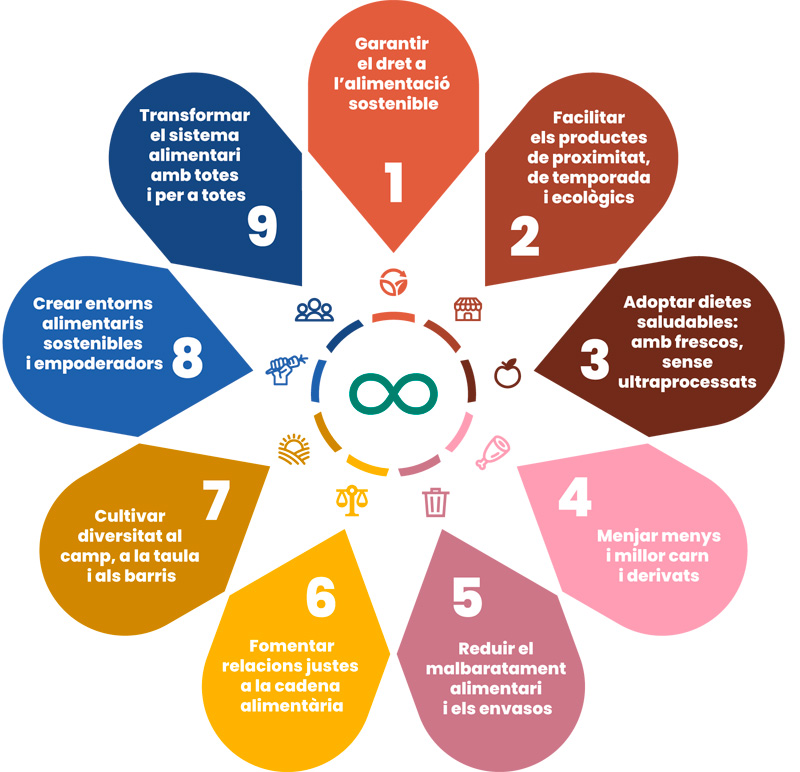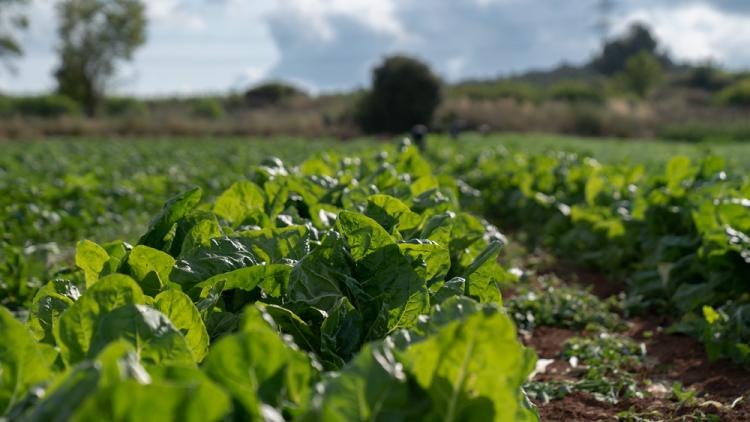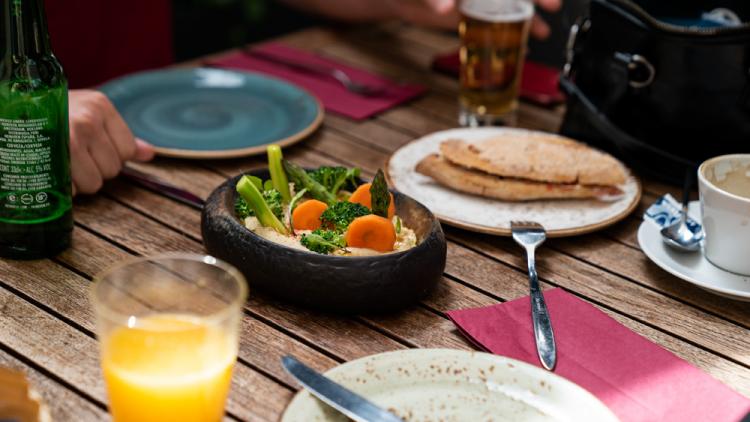What is sustainable food?
Sustainable food involves feeding the entire population in a way that benefits the people, the planet and territories. To achieve this, we need to produce, transform, sell, buy and consume food in a way that generates economic prosperity, promotes social justice, looks after, conserves and regenerates our resources and ecosystems, and safeguards future generations’ ability to also eat sustainably.
Sustainable food is:
Good for people because it guarantees that everyone has access to the necessary information, education and resources to produce, prepare, buy and enjoy safe, healthy and delicious quality food that allows us to enjoy a full life. To achieve this, sustainable food is sensitive to the economic and social needs of the most vulnerable among us, such as children and individuals on their own, people who are dependent on others, and migrants.
Good for territories because it promotes diversified and prosperous local economies that are fair in their distribution of benefits and capable of responding to adversity. it therefore ensures the well-being of people working in the food system, both locally and elsewhere. Sustainable food underscores traditional diets and knowledge while acknowledging and celebrating the diversity of cultures that enrich our region. At the same time, it generates positive relationships between urban and rural environments, and even between the global south and north, based on respecting ecological cycles, establishing fairer links between regions and promoting more resilient and supportive city models.
Good for the planet because food is produced, transformed, distributed, sold, bought and eliminated in a way that ensures that our limited resources, such as water and the soil, as well as our ecosystems, are conserved and regenerated. Sustainable food helps to halt the climate crisis, guarantees the well-being of animals (livestock and wildlife) and preserves and boosts the planet's biodiversity.
In order to put this definition of sustainable food into practice, we must take action in the following nine areas:
- To guarantee the right to sustainable food.
- Buying local, seasonal products that are environmentally friendly, such as agroecological and organic products and those obtained from sustainable fishing.
- Encouraging people to adopt diets that are healthy both for them and for the planet, based on fresh foods and the avoidance of ultra processed products.
- To promote reduced, more responsible consumption of meat and meat products.
- To reduce food waste and packaging.
- Fostering fair relations within the agri-food chain.
- Nurturing diversity in our fields, at our tables and in our neighbourhoods.
- Creating sustainable and empowering food environments.
- Transforming the food system with and for everyone.
- Transforming the food system with and for everyone.
These nine fields of action are not set in stone: moving towards achieving sustainable food requires us to work in a comprehensive or systemic manner. The transformation of our food aims not just to promote individual changes in diet but also to bring about the conditions in the various sectors (economic, health, environmental, social and political), activities (production, transformation, distribution, catering, sale, consumption and elimination) and levels of action (individual, community, local, regional, national and international) that make it possible to transform this complex system without leaving anyone behind along the way.




